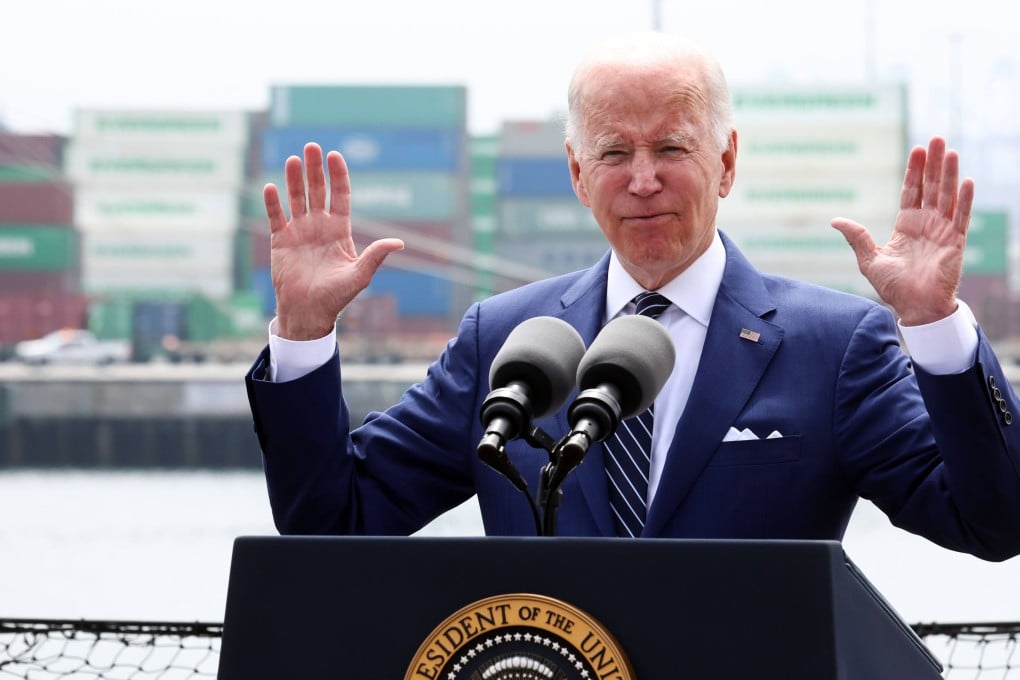Outside In | Why US talk of ‘friend-shoring’ supply chains makes no economic sense
- Companies worldwide should look to simplify and diversify their supply chains after the shocks of the pandemic and Ukraine invasion, and with a recession looming
- However, it is not in their interests to relocate manufacturing to US friends and allies, as the Biden administration is advocating

At the same time, he has continued Donald Trump’s dubious efforts to restructure global trade and investment in favour of the American worker, to reduce the US trade deficit, and to slam the brakes on China’s relentless rise.
Treasury Secretary Janet Yellen tried in April to explain this new approach to trade. “Let’s build on and deepen economic integration and the efficiencies it brings – on terms that work better for American workers,” she told members of the Atlantic Council.
“And let’s do it with the countries we know we can count on. Favouring the ‘friend-shoring’ of supply chains to a large number of trusted countries, so we can continue to securely extend market access, will lower the risks to our economy, as well as to our trusted trade partners.”
Forgive my scepticism, but this talk of friend-based trade throws me back to 1848, when buccaneering British statesman Lord Palmerston, at the height of British colonial power, said: “We have no eternal allies, and we have no perpetual enemies. Our interests are eternal and perpetual, and those interests it is our duty to follow.”
